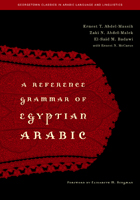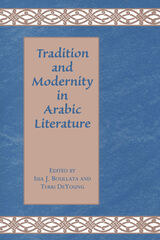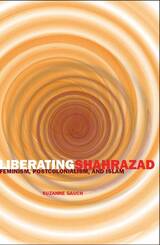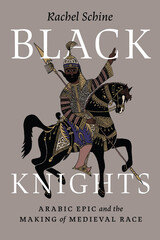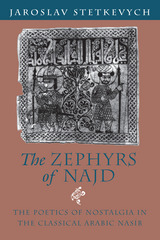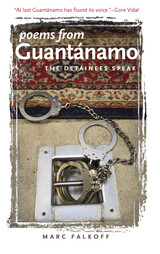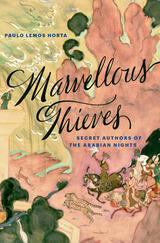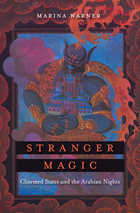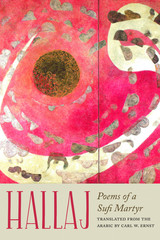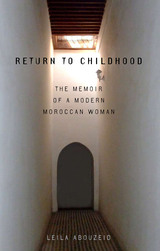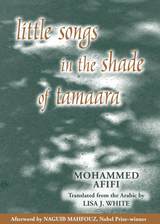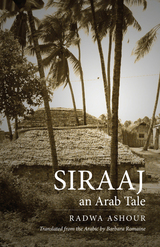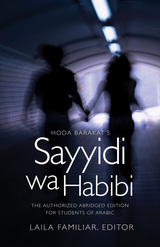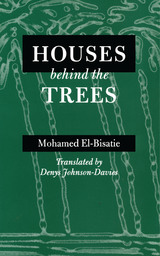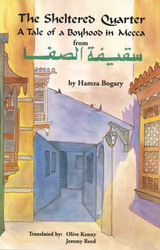The Zephyrs of Najd: The Poetics of Nostalgia in The Classical Arabic Nasib
University of Chicago Press, 1993
Paper: 978-0-226-77336-0 | Cloth: 978-0-226-77335-3
Library of Congress Classification PJ7542.Q3S74 1993
Dewey Decimal Classification 892.7104309
Paper: 978-0-226-77336-0 | Cloth: 978-0-226-77335-3
Library of Congress Classification PJ7542.Q3S74 1993
Dewey Decimal Classification 892.7104309
ABOUT THIS BOOK | TOC | REQUEST ACCESSIBLE FILE
ABOUT THIS BOOK
Arabs have traditionally considered classical Arabic poetry, together with the Qur'an, as one of their supreme cultural accomplishments. Taking a comparatist approach, Jaroslav Stetkevych attempts in this book to integrate the classical Arabic lyric into an enlarged understanding of lyric poetry as a genre.
Stetkevych concentrates on the "places of lost bliss" that furnish the dominant motif in the lyric-elegiac opening section (nasib) of the classic Arab code, or qusidah. In defining the Arabic lyrical genre, he shows how pre-Islamic lamentations over abandoned campsites evolved, in Arabo-Islamic mystical poetry, into expressions of spiritual nostalgia. Stetkevych also draws intriguing parallels between the highlands of Najd in Arabic poetry and Arcadia in the European tradition. He concludes by exploring the degree to which the pastoral-paradisiacal archetype of the nasib pervades Arabic literary perception, from the pre-Islamic ode through the Thousand and One Nights and later texts.
Enhanced by Stetkevych's sensitive translations of all the Arabic texts discussed, The Zephyrs of Najd brings the classical Arabic ode fully into the purview of contemporary literary and critical discourse.
Stetkevych concentrates on the "places of lost bliss" that furnish the dominant motif in the lyric-elegiac opening section (nasib) of the classic Arab code, or qusidah. In defining the Arabic lyrical genre, he shows how pre-Islamic lamentations over abandoned campsites evolved, in Arabo-Islamic mystical poetry, into expressions of spiritual nostalgia. Stetkevych also draws intriguing parallels between the highlands of Najd in Arabic poetry and Arcadia in the European tradition. He concludes by exploring the degree to which the pastoral-paradisiacal archetype of the nasib pervades Arabic literary perception, from the pre-Islamic ode through the Thousand and One Nights and later texts.
Enhanced by Stetkevych's sensitive translations of all the Arabic texts discussed, The Zephyrs of Najd brings the classical Arabic ode fully into the purview of contemporary literary and critical discourse.
See other books on: African | Arabic poetry | Nostalgia in literature | Stetkevych, Jaroslav | Themes, motives
See other titles from University of Chicago Press


